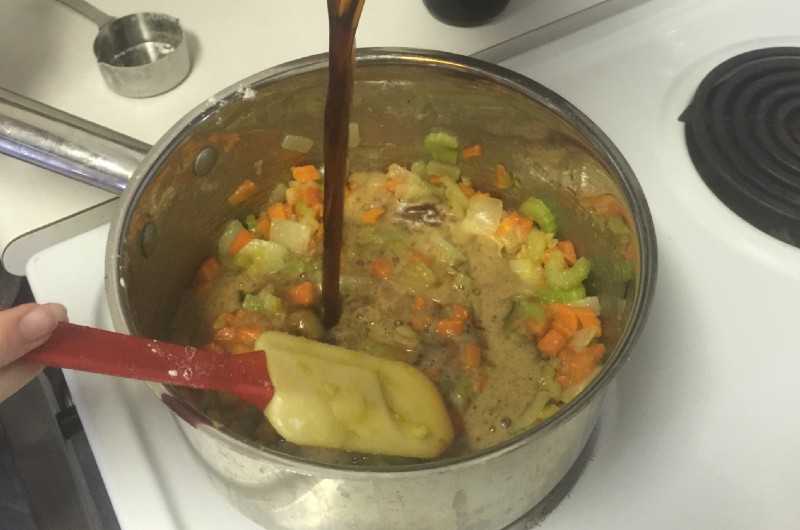I’ve noticed lately that we tend to lump a bunch of things into the idea of “trying something”.
Your team commits to continuous improvement.
What might help? Perhaps…
- Knowing¹ what better might look like
- Knowing where you have leverage to make things better
- Knowing how to intervene to apply that leverage
- Knowing how to support that intervention
- Knowing how to measure/detect if the intervention is working
- Knowing when to amplify/dampen your efforts
- Securing the tools, support, freedom, and bandwidth to do #1–#6²
- Throwing #1–#7 into a heady mix of complexity and luck These points describe a set of highly overlapped areas of sensemaking. My aha the other night was that we tend to lump these things all together. Some examples:
- We assume an unclear sense of #3 (how to intervene) equates to an unclear sense of #1 (what better might look like).
- We confuse “best practices” (where and how), with our ability to support those practices in the current environment (#4,#6,#7).
- We assume that a team needs a prescriptive how, when we might be better served at growing experimentation skills (#2,#5,#6)…the cliche “learn how to learn”
- We assume that all a team needs is experimentation skills, when in fact they also need support, a sense of better, and contextually relevant experience.
- We might mistake a team as being incompetent, when they are lacking support. They “know” the right point of leverage, but they don’t have the freedom to address it head-on.
- Etc. Nothing earth-shattering here, but I do find it helpful to think through these points #1–#6 and ask:
- What do we know? What do we need to learn? How can we learn?
- How can we leverage our diversity of knowing?
- Are we making assumptions about this point that should be challenged?
- Who can help us? What do we need? Can we improve our skill(s) in this area? Can we reduce the noise, and boost the signal?
- Are we accidentally lumping this point in with other points? Does looking at this separately help us?
- Are we making this possible? (See #7). Is it possible?
- Can we devise smaller experiments, and tighten our feedback loops? ¹ Knowing involves continuous learning. We never completely know. You could argue that knowing grows/fades through successively exploring #1–#8.
²#7 moves beyond knowing. It asks whether the tools, support, etc. are, in fact, made available (the output of #4).
